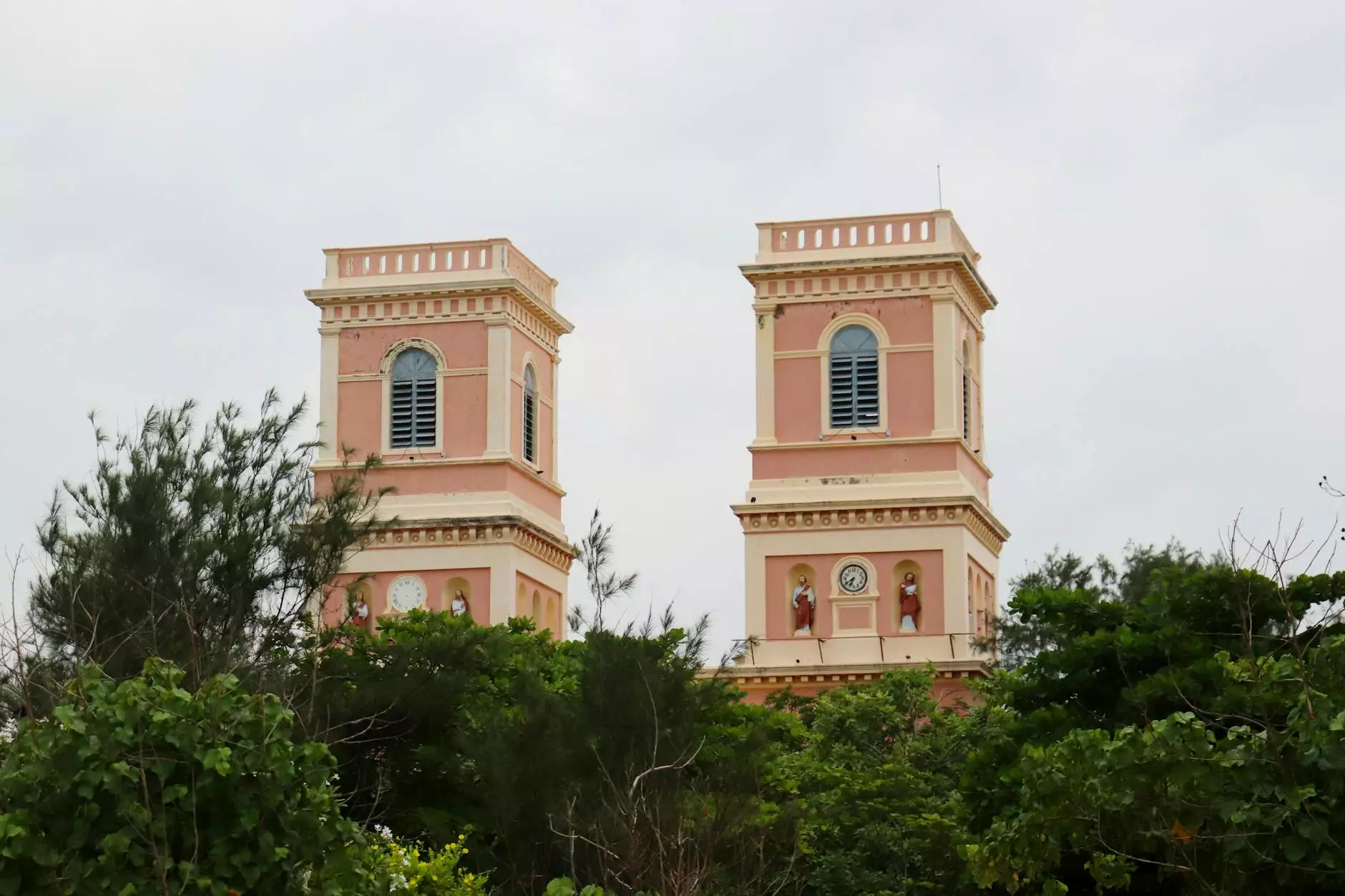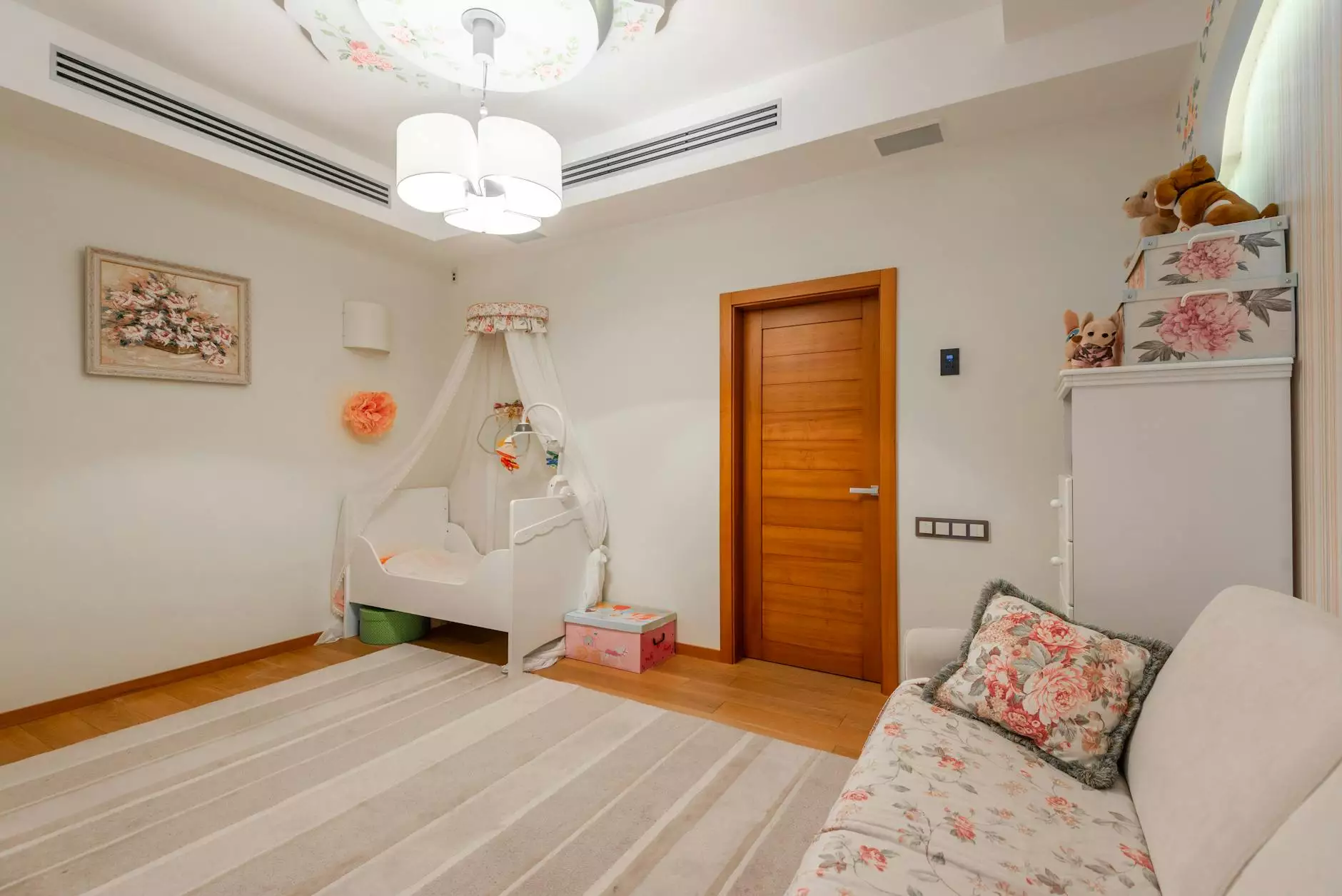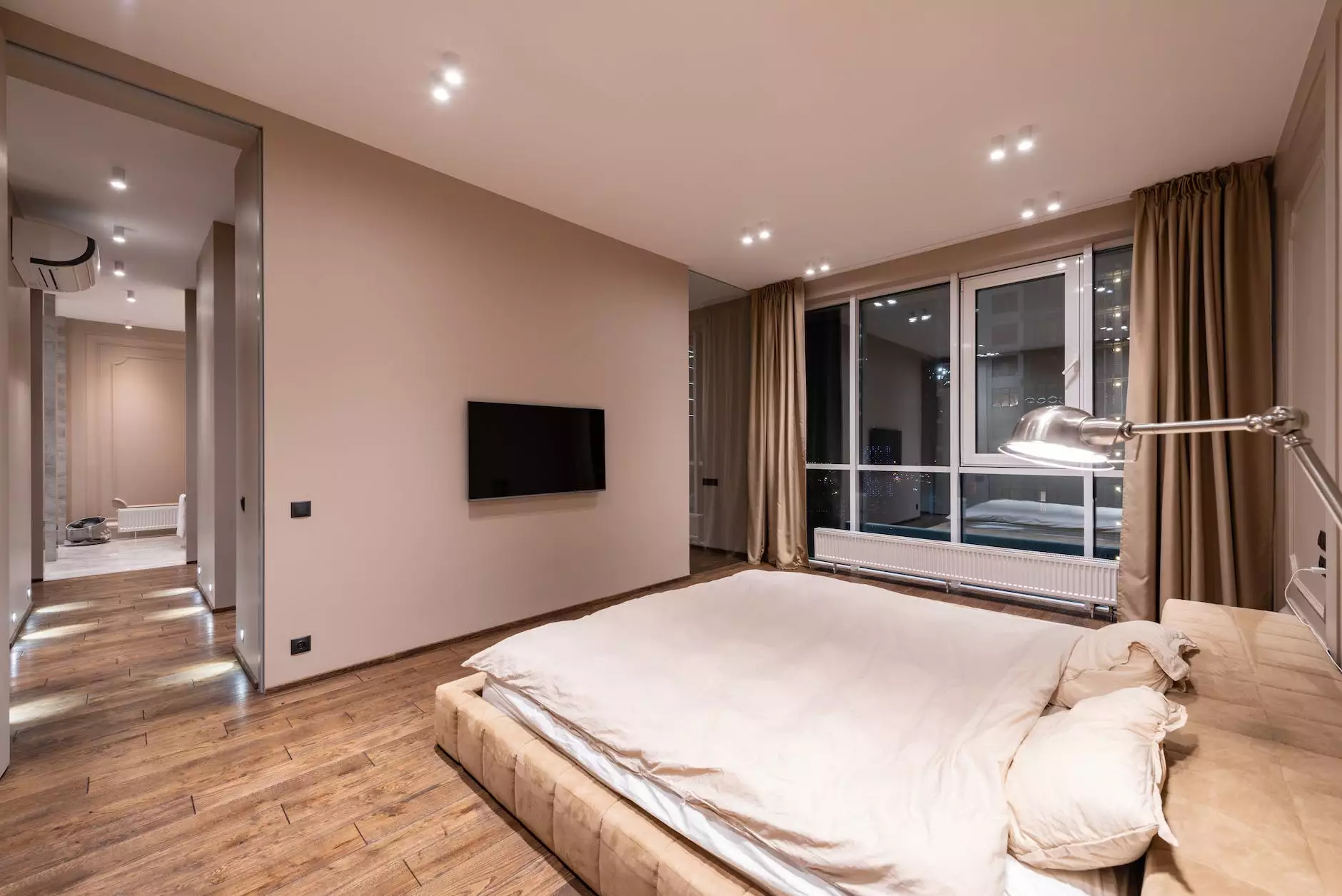Residential Property for Rent in Singapore: A Comprehensive Guide

Singapore is a vibrant city-state known for its thriving economy, diverse culture, and remarkable skyline. As one of the most sought-after locations in Asia, the demand for residential property for rent in Singapore remains high. Whether you are a local looking for a new place or an expatriate moving to this bustling city, understanding the ins and outs of the rental market is essential. In this article, we will explore the facets of renting residential properties in Singapore, highlighting key considerations, tips, and valuable insights.
Understanding the Singapore Rental Market
The rental market in Singapore is characterized by a variety of property types, from luxurious condominiums to HDB flats. This diversity caters to different preferences and budgets. As a potential tenant, it's crucial to understand the market dynamics, including pricing trends and regulatory policies.
- Types of Residential Properties:
- Condominiums: Often equipped with amenities such as swimming pools, gyms, and security services.
- HDB Flats: Public housing managed by the Housing and Development Board, known for affordability.
- Landed Properties: Private homes that include bungalows and semi-detached houses.
- Pricing Trends: Rental prices can fluctuate significantly based on location, property type, and market demand. It's important to stay updated with current market rates.
- Regulatory Environment: Familiarize yourself with the regulations regarding leasing, including standard lease terms and conditions.
Choosing the Right Residential Property
With myriad options available, selecting the right residential property for rent in Singapore can be a daunting task. Here are essential factors to consider:
1. Location and Accessibility
The location of your rental property is paramount. Consider proximity to amenities such as schools, shopping malls, and transportation links. Singapore's efficient public transport system makes commuting easy, but living near an MRT station can significantly enhance your convenience.
2. Property Amenities
Think about the amenities that are important to you. If you enjoy fitness, amenities like a gym or pool might be essential. For families, accessibility to parks and playgrounds could be a priority.
3. Lease Terms
Understand the lease terms before signing any agreements. Common lease durations range from six months to two years. Pay attention to clauses regarding rent increases, maintenance responsibilities, and termination conditions.
Steps to Renting a Property
Once you've narrowed down your options, the process of renting a property typically involves several straightforward steps:
- View Properties: Engage a real estate agent or browse online listings to arrange viewings.
- Evaluate the Property: Assess the condition, amenities, and overall suitability of the property during viewings.
- Negotiate Terms: Discuss terms with the landlord or agent, such as rent amount and lease duration.
- Sign the Lease: Ensure all terms are clearly stated in the lease before signing.
- Arrange for Payment: Typically, you will need to pay the first month's rent and a security deposit.
The Role of Real Estate Agents
Engaging a qualified real estate agent can greatly simplify your search for residential property for rent in Singapore. Here’s how they can help:
- Market Expertise: Agents possess deep knowledge of the rental market, helping you find properties that match your criteria.
- Negotiation Skills: Experienced agents can negotiate favorable terms on your behalf.
- Legal Understanding: They can provide guidance on lease agreements and tenant rights.
Understanding Lease Agreements
A lease agreement is a legal document that defines the terms of your rental. Some key components to look for include:
1. Rental Price
Review the total rent to be paid monthly and any included utilities.
2. Security Deposit
Most landlords require a security deposit, typically equivalent to one month's rent, refundable at the end of the lease barring any damages.
3. Maintenance Responsibilities
The lease should specify who is responsible for repairs and maintenance within the property.
Tips for a Successful Rental Experience
To ensure a smooth renting experience in Singapore, consider the following tips:
- Be Proactive: Start your search early, especially during peak rental seasons.
- Inspect Diligently: Conduct a thorough inspection of the property to identify any potential issues before moving in.
- Communicate Openly: Maintain clear communication with your landlord or agent throughout your tenancy.
Conclusion
Renting a residential property in Singapore can be an exciting venture, offering access to a world of modern conveniences and vibrant cultural experiences. By understanding the market, choosing the right property, and following the necessary steps, you can secure a living environment that meets your needs. Whether searching for a luxurious condo or a cozy HDB flat, consider exploring the services provided by SGLuxuryHomes, your trusted partner in navigating the residential property for rent in Singapore.
residential property for rent Singapore








